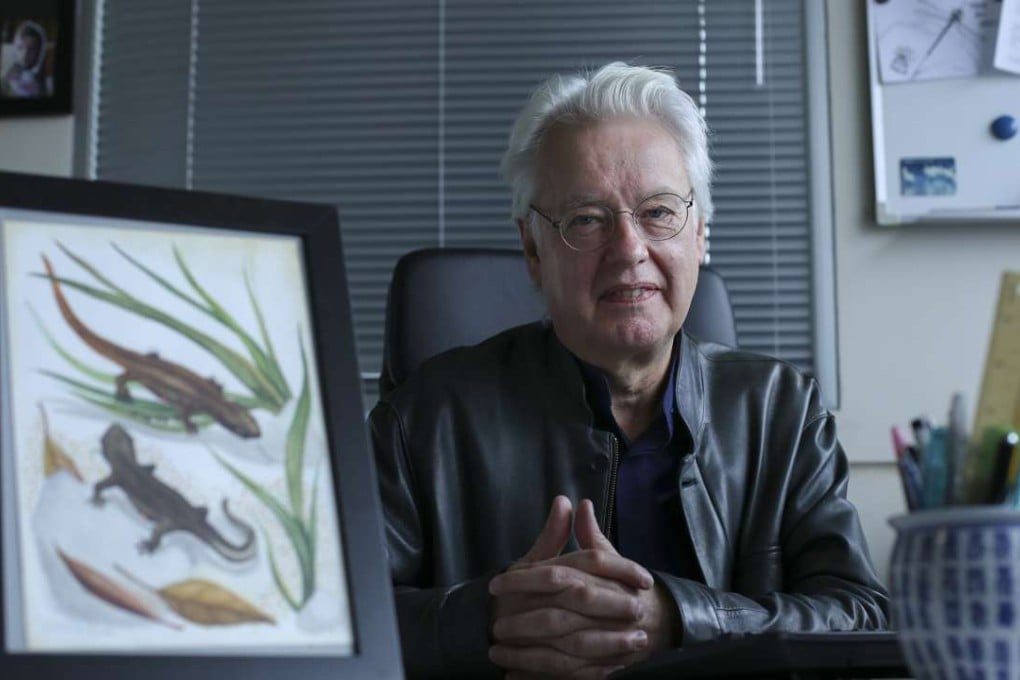Rare Hong Kong species at risk, warns co-author of new report showing huge impact of climate change on nature
HKU professor says creatures like the paradise fish, short-legged toad and Hong Kong newt will have nowhere to go as habitats shrink

More than 80 per cent of core ecological processes ranging from the genetic activity of plants to the size of habitats are feeling the brunt of a changing climate, an international study involving scientists from Hong Kong has found.
The findings of the 18-month study – published in the scientific journal Science on Friday – add further weight to mounting scientific literature that the adverse effects of climate change are not a phenomenon over the horizon but a clear and present danger.
“We hope to steer governments in the right direction and deliver the message that climate change is not just a projection and that the effects on ecological processes are already happening,” said co-author Professor David Dudgeon, director at the University of Hong Kong’s School of Biological Sciences.
“A changing climate is forcing plants and animals to adjust their distribution in accordance to how temperatures are changing.”
Led by the University of Florida, with participation from scientists at HKU and institutions from Belgium to mainland China, the team found that 82 per cent of 94 ecological processes evaluated globally showed evidence of biological response to a one degree Celsius rise in temperature – the mean increase since pre-industrial levels.
These processes ranged from genetic activity, species’ physiology and size, species abundance, seasonal migration and breeding times, and even the size of habitats. They were studied at different scales from organism level to community level.